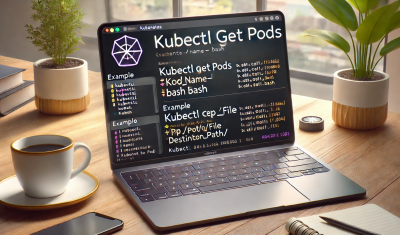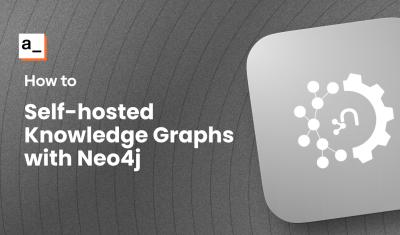The self-hosted and cloud versions of Appsmith differ in terms of security, infrastructure, and features. Here are some key differences:
- Security: In the self-hosted version, you can keep your data on-premise, ensuring that your API keys or security credentials never leave your server. The applications you build are on your infrastructure, inside your virtual private networks/VPC. You can host it on internal networks behind a firewall and configure SSL and a custom domain. In the cloud version, Appsmith takes care of security measures like TLS encryption, IP whitelisting, and hosting on SOC 1 and SOC 2-compliant servers.
- Local database: A self-hosted instance allows you to connect to a database running on the same machine/intranet and use it to build apps.
- Performance & Scalability: Appsmith supports high availability (HA) and scalability on Kubernetes installation for self-hosted instances. You can deploy Appsmith with EFS/NFS as common shared storage, which helps deploy Appsmith without downtime. You can also configure the Horizontal Pod Autoscaler for scaling the pods'.
- Authentication: In the self-hosted version, you can configure OpenID Connect (OIDC) and SAML authentication using providers like Azure Active Directory, Ping Identity, and others. These features are available only in the business edition for self-hosted instances.
Please note that some features, like OpenID Connect and SAML, are available only in the business edition for self-hosted instances.





